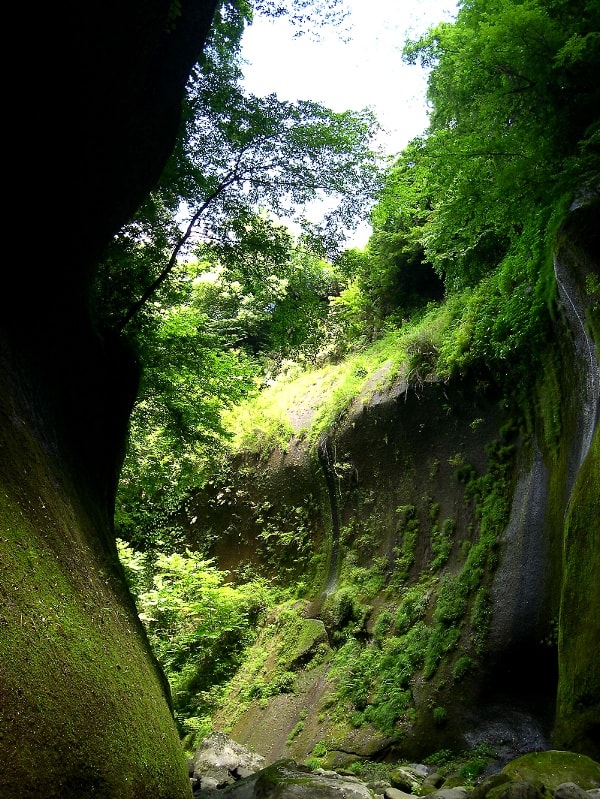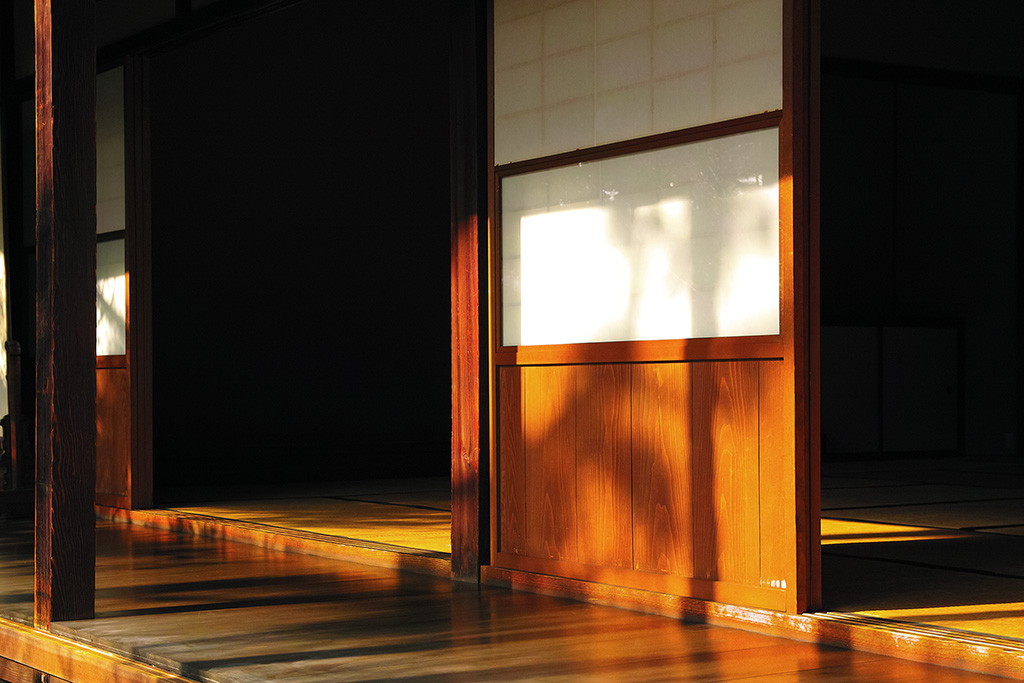Enlightenment is pretty much misunderstood. People tend to believe enlightenment is something you are yet to attain or achieve, but Dogen(1200-1253) gives it a different definition. Arguing that no bird ever attempts to understand everything about the sky, he debunks the idea that the path won’t be open to us until we achieve enlightenment. Instead, he argues that it is in our living that we can be open to the world. Enlightenment exists in our everyday existence. He adds to it a further explanation as follows.
悟りと聞くと、今の自分は手にしていないもの、未だ達していない境地と考えがちですが、道元はそれとは違うものとして定義しています。道元は、まず、空を知り尽くしてから飛ぼうとする鳥がいないように、悟りを得て初めて仏の道が開かれるわけではないとしています。日々の営みの中に、世界に開かれた自分がいる。そこに悟りがあるとされるわけです。さらにそれに説明を加えているのが以下の箇所です。
このみち、このところ、大にあらず小にあらず、自にあらず他にあらず、さきよりあるにあらず、いま現ずるにあらざるがゆゑにかくのごとくあるなり。
The space and the path is beyond the grasp of numerical calculation, beyond the concept of possession, beyond the measure of time. They don’t either last or emerge, but they just exist as they are.
この道、この有り処は、大きなものでもなく小さなものでもなく、自分のものでもなく他人のものでもなく、ずっと以前より存続していたものでもなく、いま新たに出現したものではない。まさにあるがままにあるものだ。
That’s beyond preference over either pursuing material affluence or finding richness in a simple, frugal life style. Instead, that’s what we have now. That’s beyond boundaries. Our life is interdependent. What we have now is here because someone else has worked it out at the expense of their time and energy. Just as we take in someone else’s ideas, we do have some impact on someone else’s life. While hoping to feel authentic, we know some parts of our existence are sustained by interaction with others. We know the value of the lessons we take from history, which is incessantly reinterpreted. What seems old often turns out to be new, and vice versa. It follows that nothing can be fixed in terms of shape or meaning. It’s just here in interaction. It’s something grasped by our broadened mind and perspective.
モノに溢れた暮らしがいいとかシンプルで素朴な暮らしがいいといった考えを超えて、今の暮らしに見出すもの。自分の暮らしは誰かに支えられていて、自分が享受しているものは、誰かの手を経てたどりついたもの。人から影響を受け、人の考えや生活に自分も何らかの影響を与えている。自分は自分であるが、自分であって自分でない面もあるのだと。歴史に思いをはせるが、それも不断に再構成される。古いようで新しいものもあり、新しいように見えて古いものもある。そうしていくと人も物も一定の形や意味をもつというよりは、相互関係の中で、今在るものと言えるでしょう。一定のあり方や意味にとらわれないことで広がる視野と心が捉えるものであると。
Only after do you take flight, you get to know how to use your wings. You lose your perspective when you get bogged down in the attempt of knowing. Instead, expose yourself to the world. You become aware of the richness and abundance of the world, which is shared with other people and is incessantly interpreted or deconstructed. It is much more resourceful than you ever know. Enlightenment is not what you achieve. It’s not what you can find in a different, sublime realm. It’s right here at this moment.
飛び出してみて初めて、翼の使い方がわかる。知ろう知ろうとして縮こまり視野を失ってしまうのでなく、自らこの世界に身をさらすこと。自分の身の回りにあって、人とともに生きる世界は不断に解釈され再構築されている。そんな世界の豊饒さに気づける。悟りは達するものでもなく、どこか崇高な別世界で見つけてくるものでもない。今ここにあるものだと。









